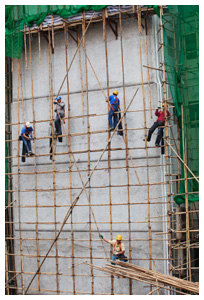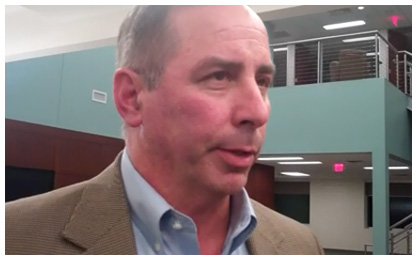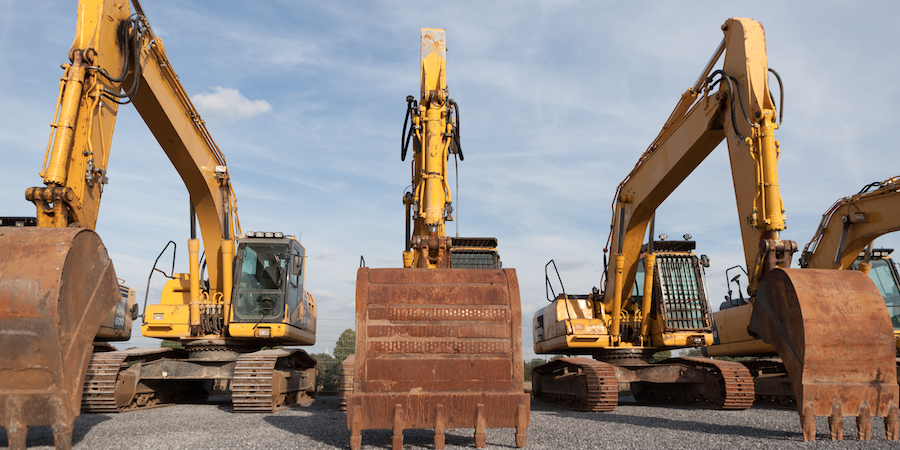First of all I have to tell you that I think that the subcontractors who hire day laborers, work them 12-14 hours a day, and then don’t pay them their base pay or even the overtime that they are due are bandits. They steal from the workers, they steal taxes from the state, they steal from the IRS, and ultimately they steal from you and me.I don’t much care for that at all.On top of that they expose the workers to unsafe jobsite conditions, and they take the chance that the construction is not high quality, so that you and I get exposed to the possibility of injury or worse when we occupy those unsafe buildings and apartments.In the down economy when jobs are scarce, bids only ring the bell when they are much lower than the
Reshaping the Construction Industry



Subcontracting companies working at Pulte Homes sites in Massachusetts have been found guilty of wage theft, payroll fraud, and unemployment insurance violations. The subcontractors have been ordered to pay more than $400,000 in unpaid wages and penalties, and more than $141,000 has been recovered in previously outstanding revenue for Massachusetts’ unemployment system.Pulte Homes of New England LLC and Pulte Braintree LLC operated several construction sites which were investigated after Massachusetts Attorney General Martha Coakley’s office and the Joint Enforcement Task Force on the Underground Economy and Employee
January 26, 2012


Last month Cornerstone, the quarterly magazine of American General Contractors Houston (AGC), published an article about the Construction Career Collaborative (C3), the initiative...
January 25, 2012


You’re driving down the freeway at 65 mph when you look over and the person next to you is reading their email and texting on their smartphone. Worse yet is the person on...
January 24, 2012


The following viewpoint was offered by Mike M., a 24-year-old intern who supports the ConstructionCitizen blog.The painful truth is that the vast majority of Americans are dangerously oblivious to the decisions being made in Congress; before yesterday's organized blackout of hundreds of the most popular websites across the Internet, I only knew one or two people who had ever heard of SOPA or PIPA. Even now, most of those who are aware lack a true understanding of the provisions of these two bills, bills that are being sold to the public as “protection for intellectual property rights”, but are in reality the beginning of something far more dangerous: the regulation and censorship of the Internet itself.The authors of these bills claim that the bills are designed with the sole objective of preventing the mass-downloading of music and movies that is allegedly hurting the entertainment business. I say “allegedly” because the theory that every downloaded album is one less sold is ludicrous, and media companies still seem to be doing just fine for themselves. Videndi, the corporation that owns Universal Music Group, posted $2.2 billion in pure profit for 2010, just to name one example.
January 19, 2012


According to a recently released Global Metro Monitor published by the Brookings Institute, an analysis of per capita GDP (Gross Domestic Product, i.e. income) and employment changes in the 2010 to 2011 period for 200 of the world’s largest metropolitan economies revealed that Houston, Texas was the fastest-growing Metro economy in North America. That is good news for the Houston construction industry.The study ranks 200 global metro areas by their GDP output and their job growth, and found that “90 percent of the fastest-growing metropolitan economies among the 200 largest worldwide were located outside North America and Western Europe.”
January 18, 2012


The January edition of The Red Bulletin has an article about men who build bamboo construction scaffolding in Hong Kong. The article talks about the “whys and how” of using bamboo scaffolding to build structures that reach over 250 meters or 820 feet into the sky. The spidermen who do this work are known as “Taap Pang,” Cantonese for bamboo scaffolder.The advantages of bamboo scaffolding include the fact that they are light weight, recyclable, and found in most Asian climes. The poles are selected for their size and strength, and are held in place with long plastic ties. The spidermen are very skilled and in demand in Hong Kong and other major cities where scaffolding is needed.There is a growing shortage of skilled spidermen. Even though there are around 4,000 active spidermen, only 50-60 candidates have entered the craft in the last year. The training is extensive and candidates are taught the art of the selection and erection of the poles to create the spider web for the construction crews.
January 16, 2012


The Construction Citizen series about the presentation of two possible scenarios for what Houston might be like 30 years from now continues. In this video containing the last of the “exit interviews” which the Construction Citizen team gathered following the 2040 Scenarios Event, attendees offered their first impressions and thoughts about the presentation and the discussion that October evening. The first scenario presented was “Learning to Live” and was given the color green as a way to identify it from the second scenario, which was “Playing to Win” and which was identified with the color blue.
January 12, 2012


The National Public Radio debate show Intelligence Squared U.S. recently aired a deliberation on whether or not “Too Many Kids Are Going To College”. Held in Chicago on...
January 10, 2012


Loren Steffy, in his Sunday column for the Houston Chronicle, spells out the impact of payroll fraud and worker misclassification on the US deficit. He says that two things are happening that are symptomatic of the situation.First, by misclassifying workers as independent contractors or 1099 workers, the employers in the construction industry and in other labor intensive industries like hospitality and food service are not paying the taxes or benefits on the workers they hire. Steffy states:“For every $1,000 employers pay in wages, they are supposed to collect from employees $14.40 for Medicare and $42 for Social Security. In addition, employers are supposed to contribute $62 themselves to Social Security, another $14.50 for Medicare and $25
January 09, 2012



.jpeg?itok=6uFZXEBH)





.jpeg?itok=4Vi_1nJG)








